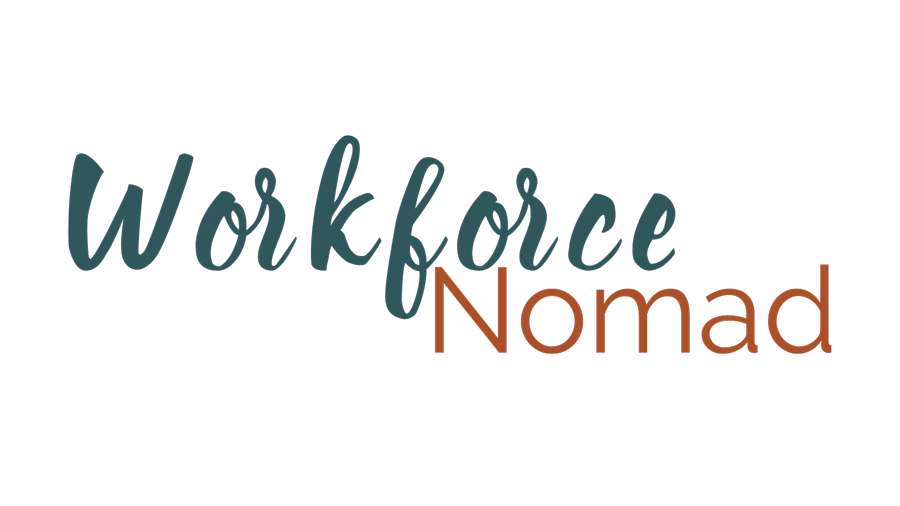by kgettelfinger | Feb 23, 2009 | Career management, WFN Defined
What happened to the X Generation? Maybe I should be asking Douglas Copeland this question? These days its all Boomers and Millennials. I attended a meeting of leaders from various organizations and heard the most disturbing comment. A woman was mentioning that she was heading an important summit for the government to discuss current/impending issues of environment, economics etc. She was very proudly stating that she planned to make sure to include good representation from Generation Y, but not Xer’s “who cares about them, okay well maybe I’ll include the Xer’s.” This brought an uncomfortable laugh from the group and the tag line probably was added as she realized her major faux pas. As an Xer, I was offended. Maybe because the marginalization of my generation has become the norm. I have seen countless articles on generational differences and every association has made this the topic of at least one gathering in the past year. In each of these the conversation is about dealing with Boomers and Millennials. An entire generation is being overlooked and I think it’s a mistake.
The X Generation is the group that will bridge the two larger generations and sure the bridge isn’t as exciting as what has happened on one side or might happen on the other but your Generation X employee’s will likely make or break your companies ability to transition. They have drive and independence. And they have a lot they can teach to both the Boomers and Millennials. They are now or will be soon running your company. If you jump too soon to the next generation you miss out on a lot of knowledge and a lot of great energy for organizational change. In these times we can’t afford to marginalize any particular group or we risk missing opportunities for positive change. Generation X will be your facilitators of change. Don’t forget to include us in the conversation.
by kgettelfinger | Jan 6, 2009 | Career management, WFN Defined
By definition my being employed seems to counter any claims I make to being a Workforce Nomad. Am I not owned by the company that has hired me? I receive a salary. I am not currently a contractor. How does that work? I think WFN is a state of mind or a state of being. Even within the walls of my company I don’t belong to one group. I am an internal consultant. No home, no defined structure. I land in meetings or projects for other groups and give them the benefit of my skill and then I am as quickly moved on to the next project. How does this work and how is it not just schizophrenia?
It makes perfect sense to me, as I have been this way my entire life. I never fit completely into any one group. But I blend into many groups quite well. It helps me be very objective about the people I am with, it means I probably avoid any real entanglement for better or for worse.
You can definitely be a Workforce Nomad even within the confines of a corporate structure. In fact I encourage it. When you are being your creative self you can get motivated on your own excited about your projects and bring fresh ideas and value to your company. You could be a great long timer really because you’ve reinvented your life at the company and continued to make things happen.
by kgettelfinger | Jan 1, 2009 | WFN Defined
We have heard the term portfolio career and I think that is the closest thing I’ve found to explain my CV. But, the term that really resonates with me is Workforce Nomad (WFN). It feels purposeful, a way of living. It has been rolling around in my head for some time as a seek to understand the meaning of my career transitions and where I will head next.
In my definition (and it’s evolving right now) a WFN is someone who has traveled through multiple industries, roles and studies while picking up and building on each of the previous work. They have the following qualities:
o Flexibility
o Multiple Viewing Lenses
o Quick Assimilation
o Listening Skills
o Hearing Skills
o Accepting
by Kathy | Dec 30, 2008 | WFN Defined
The idea of Workforce Nomad has been rolling around in my head for some time. As I look back on my career, varied and broad, I begin to see the pieces come together to form something much greater than a first glance can comprehend. For a long time I felt frustrated with the seemingly disjointed turns my path has taken and even thought that I was heading nowhere slowly. I’ve always felt envy for the person who knew since an early age exactly what trajectory their career would take. How fantastic to be so good at and so obsessed with one thing that you don’t have to spend time wondering what you should be doing. I’m sure that is an idealized view and that everyone spends some time questioning their path, but having that one bright beacon to follow seems very enticing.
A short time ago I came to the realization that my path does have some consistencies in it. Over the years, (companies and roles) I have unintentionally developed a set of skills of which I am very proud. I could never have set out to do this on purpose but if I had known that I was collecting them I would have collected more. Putting the pieces of this puzzle together isn’t easy and if it isn’t easy for me it is even more difficult for the world of business, which counts on being able to put resumes in buckets. In business we spend so much time defining roles and then trying to find the person who fits into them that we frequently don’t know how to capitalize on the great people standing before us.
I wanted to start this blog to talk about issues facing people like me and the companies who hire or would like to hire people like me. How can a Workforce Nomad keep from becoming a Workforce Wanderer? How can a company tell the difference? How can we continue to grow in a world that insists we should fit in a bucket? And how can a company keep fantastic employees growing and contributing, which is why they hired that nomad in the first place.

